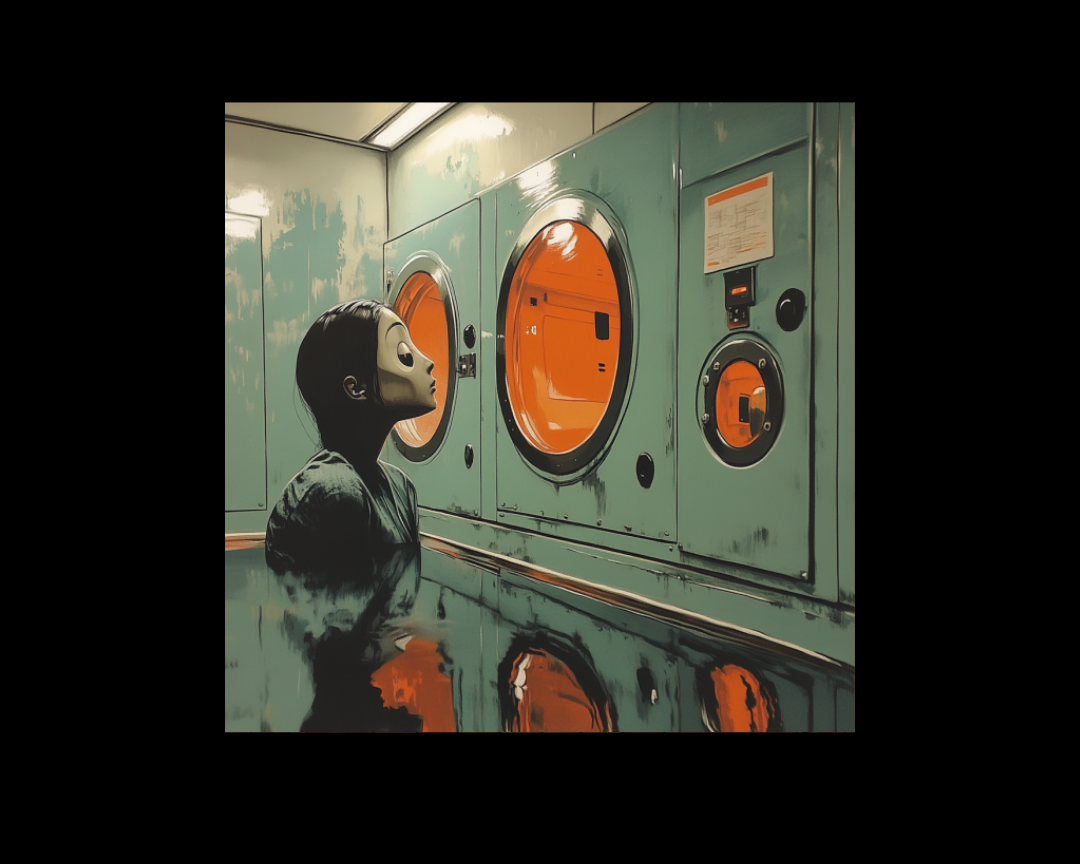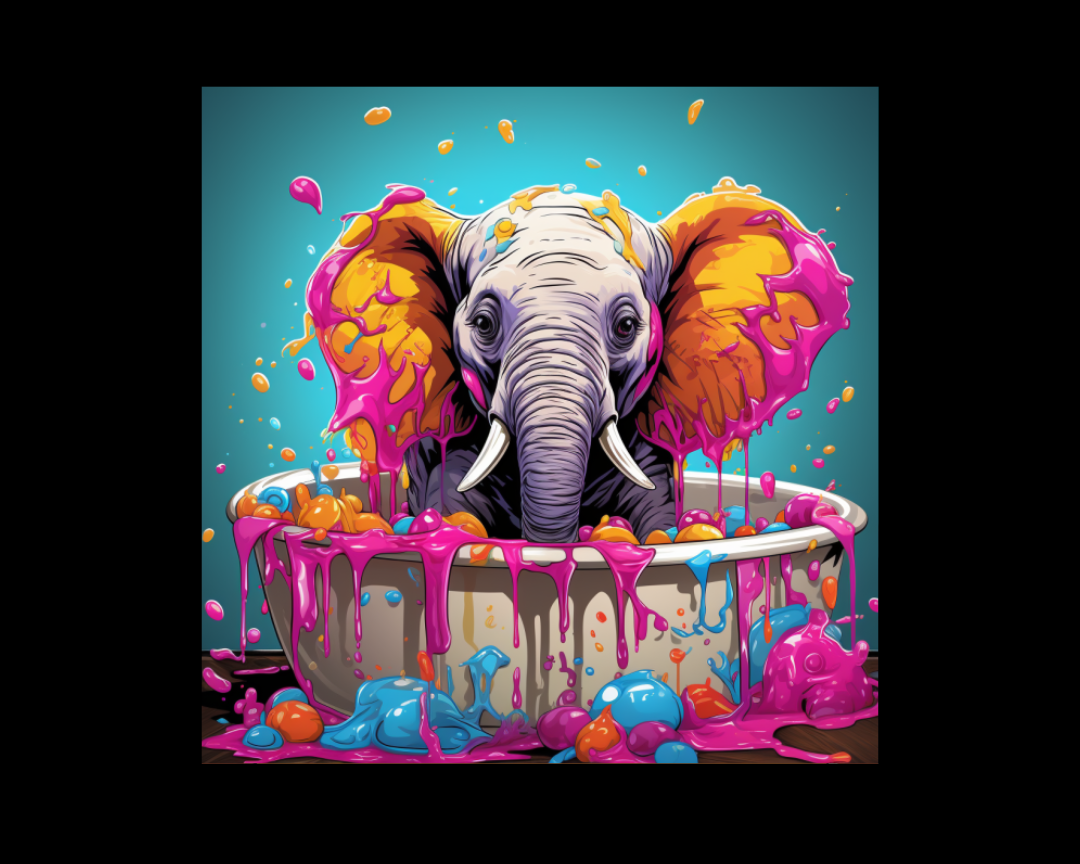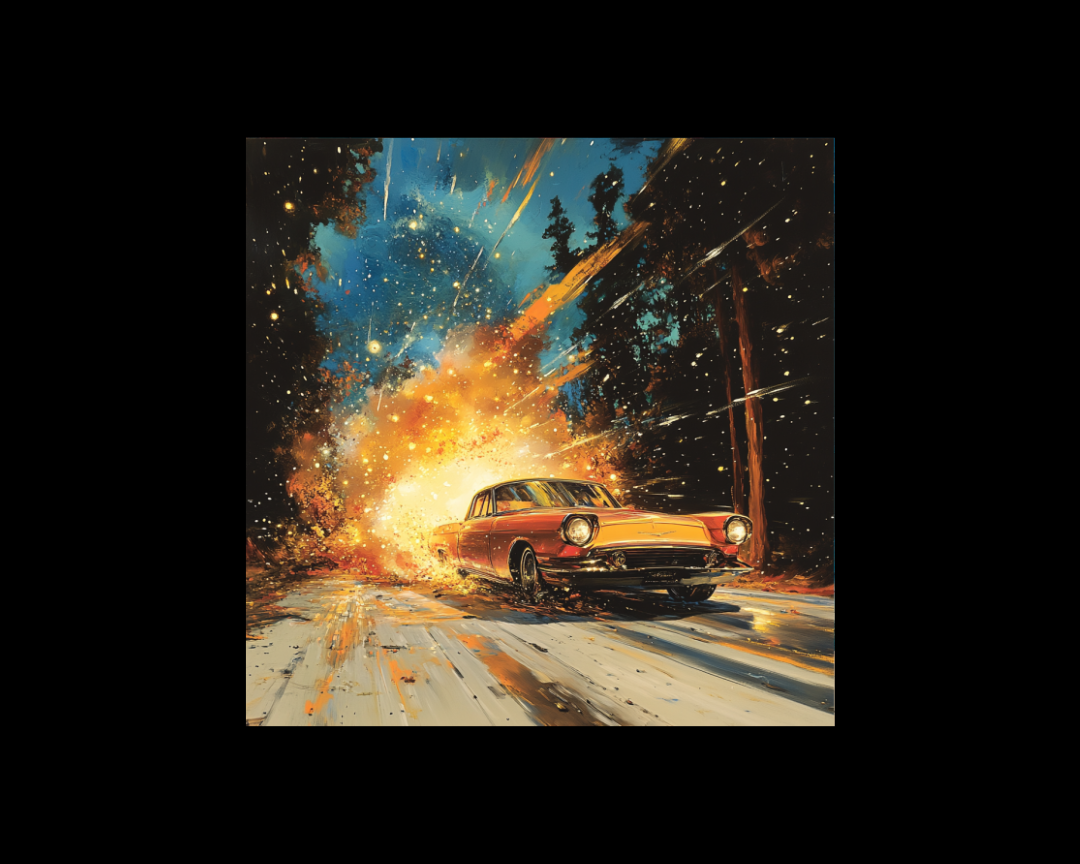Look, we all love a good Greek myth retelling (yes, I see you reaching for that Persephone romance), but there's a whole world of incredible mythologies just begging to be turned into the next big thing. Let's dive into some lesser-known mythological traditions that are basically writer catnip – complete with ready-made plot hooks that'll make you want to start typing immediately.
1. Finno-Ugric Mythology: Where Everything Has a Spirit (Even That Coffee You Just Spilled)
Picture this: A world where every single object has its own spirit, and I mean everything. That coffee stain on your manuscript? It has opinions about your plot structure.
Story Potential:
- A modern-day spirit whisperer who has to negotiate peace between household objects
- An ancient spirit of technology trying to understand smartphones
- A coming-of-age story about a young shaman learning to communicate with the spirit world
Key Elements to Steal:
- Haltijas: Spirit guardians of... well, everything
- Väki: The invisible force within all things
- Tonttu: Household spirits with serious attitude problems
Story Hook: When a teenage tech whiz discovers she can hear the spirits of discarded electronics,
she becomes entangled in a war between ancient nature spirits and the emerging consciousness of
artificial intelligence. Think "Brave" meets "Ghost in the Shell," but with more snarky toasters.
2. Aborigine Dreamtime: Where Past, Present, and Future Walk Into a Bar
Forget linear time – we're talking about a mythology where past, present, and future are all happening simultaneously, and the landscape itself tells stories. It's like "Inception" met "Avatar" and had a really philosophical baby.
Story Potential:
- A modern protagonist who slips between Dreamtime and reality
- An adventure through living songlines
- A mystery where the landscape itself is a character
Cool Concepts to Borrow:
- Songlines: Navigation routes that are also songs that are also stories
- Rainbow Serpent: Creator being who shaped the land
- Tjukurpa: The complex law that governs reality
Plot Seed: An Indigenous Australian archaeologist discovers she can read the memories of ancient
sites through touch, but when she uncovers a songline that wasn't meant to be found, she has
to race across dimensions to prevent the past from unraveling.
3. Slavic Mythology: Where Every Forest Has Its Own Dark Comedy
Sure, everyone knows Baba Yaga, but she's just the tip of the supernatural iceberg. Slavic mythology is basically what would happen if Neil Gaiman wrote a sitcom about a dysfunctional supernatural family.
Story Potential:
- A modern-day Rusalka trying to navigate dating apps
- A Leshy (forest spirit) dealing with urban sprawl
- A comedy about supernatural beings adjusting to modern life
Creatures Worth Stealing:
- Domovoi: House spirits who are part helper, part critic
- Vodyanoy: Water spirits with excellent real estate portfolios
- Poludnitsa: Noon-day spirits who really hate slackers
Story Concept: A group of traditional Slavic spirits form a support group to cope with modern
life. The Domovoi is obsessed with HGTV, the Vodyanoy's trying to understand property taxes,
and the Poludnitsa can't handle remote work culture.
4. Filipino Mythology: Where Even Your Reflection Might Be Up to Something
Forget vampires – Filipino mythology has shapeshifters who can detach their lower bodies, spirits who live in your ceiling, and trees you need to ask permission from before taking a selfie.
Story Potential:
- An aswang trying to maintain work-life balance
- A tikbalang running a modern riding school
- A kapre who becomes a social media influencer
Mythological Elements to Use:
- Aswang: Shapeshifters with very complicated dietary needs
- Duwende: Nature spirits with a flair for real estate
- Bakunawa: A moon-eating dragon with relationship issues
Elevator Pitch: A Filipino-American food blogger discovers she's inherited her grandmother's
role as the local mambabarang (witch doctor), but instead of ancient spirits, she has to
deal with their Instagram-obsessed descendants.
5. Armenian Mythology: Where Dragons Hoard Knowledge Instead of Gold
Think you know dragons? Armenian mythology says "hold my wine" and presents dragons who are basically ancient librarians with anger management issues.
Story Potential:
- A vishap (dragon) adapting to digital archives
- A modern-day dev who discovers they're part dragon
- A story about magical knowledge preservation in the digital age
Cool Elements:
- Vishaps: Knowledge-hoarding dragons
- Aralez: Dog-spirits who heal the worthy
- Shahapet: Guardian spirits with real estate preferences
Story Hook: When an ancient vishap wakes up in a world of digital information, they must
team up with a tech-savvy librarian to prevent an AI from deleting humanity's collective
knowledge. It's "The Mummy" meets "Mr. Robot" but with more discussions about proper
citation methods.
6. Aztec Afterlife Mythology: Where Death Is Just Really Complicated HR
Forget the simple binary of heaven and hell – Aztec mythology has multiple afterlives with different department heads, and your death is basically a transfer to the right department.
Story Potential:
- A story about afterlife bureaucracy
- A tale of someone trying to transfer between afterlives
- A modern death god dealing with contemporary causes of death
Mythological Concepts:
- Mictlan: The nine-level journey through the underworld
- Tlalocan: Paradise for those who died by water
- Omeyocan: The highest heaven, but with strict entry requirements
Plot Concept: A recently deceased IT professional discovers she's been miscategorized in the
afterlife system and must navigate the ancient bureaucracy of death to get to the right
destination, all while helping modernize the underworld's filing system.
Tips for Writing With Unfamiliar Mythologies
- Do Your Research
- Read multiple sources
- Consult cultural experts
- Look for contemporary interpretations
- Respect cultural significance
- Add Modern Twists
- Update ancient concepts
- Find contemporary parallels
- Mix traditions thoughtfully
- Keep the core meanings intact
- Build Your World
- Create consistent rules
- Respect the original mythology
- Add your own innovations
- Make it accessible to modern readers
Common Pitfalls to Avoid
- Cultural Appropriation
- Research thoroughly
- Credit your sources
- Respect sacred elements
- Consider consulting sensitivity readers
- Oversimplification
- Don't reduce complex beliefs to tropes
- Maintain nuance
- Respect original contexts
- Consider multiple interpretations
Writing Exercises to Get Started
- Modern Day Encounters
- Write a scene where an ancient spirit encounters modern technology
- Describe a traditional myth from a contemporary perspective
- Create a dialogue between old and new beliefs
- World-Building Prompts
- How would ancient spirits use social media?
- What jobs would mythological beings have today?
- How would traditional beliefs adapt to modern problems?
Tell an Old Story in a New Way
There's a whole world of mythology out there just waiting to be explored, remixed, and reimagined. The key is to approach these stories with respect, creativity, and a willingness to dig deep into their meanings and possibilities.
Remember: Every mythology was once someone's attempt to explain the world. Your job isn't just to retell these stories, but to help them evolve and speak to a new generation.
Now if you'll excuse me, I need to go apologize to my household spirits for that coffee I spilled earlier. They're very particular about proper beverage etiquette. 📚✨



.png)